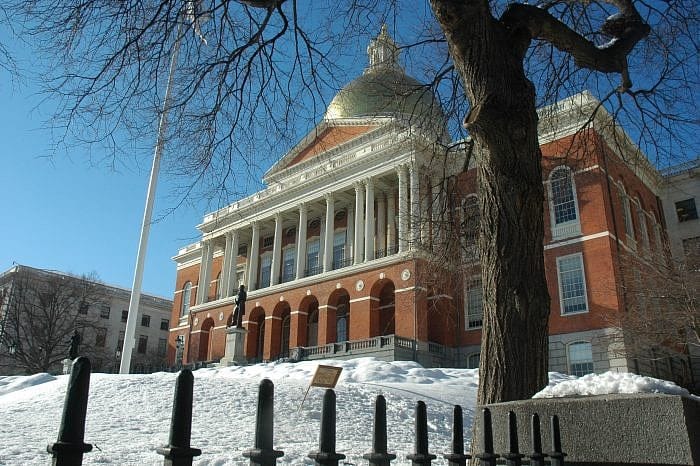Freedom, Safety, Suicide, and Life: Conversion Therapy Ban Draws Intense Testimony on Beacon Hill

An exchange between two men who have felt same-sex attraction but have sharply different takes on it highlighted nearly three hours of testimony about a proposed ban on conversion therapy at the Massachusetts State House.
Ken Williams, a California man who co-founded Changed, an organization of men and women who say they have left homosexuality, clashed with state Representative Jack Lewis (D-Framingham), a second-term legislator who used to run an organization dedicated to homosexual and transgender young people and is civilly married to a man.
